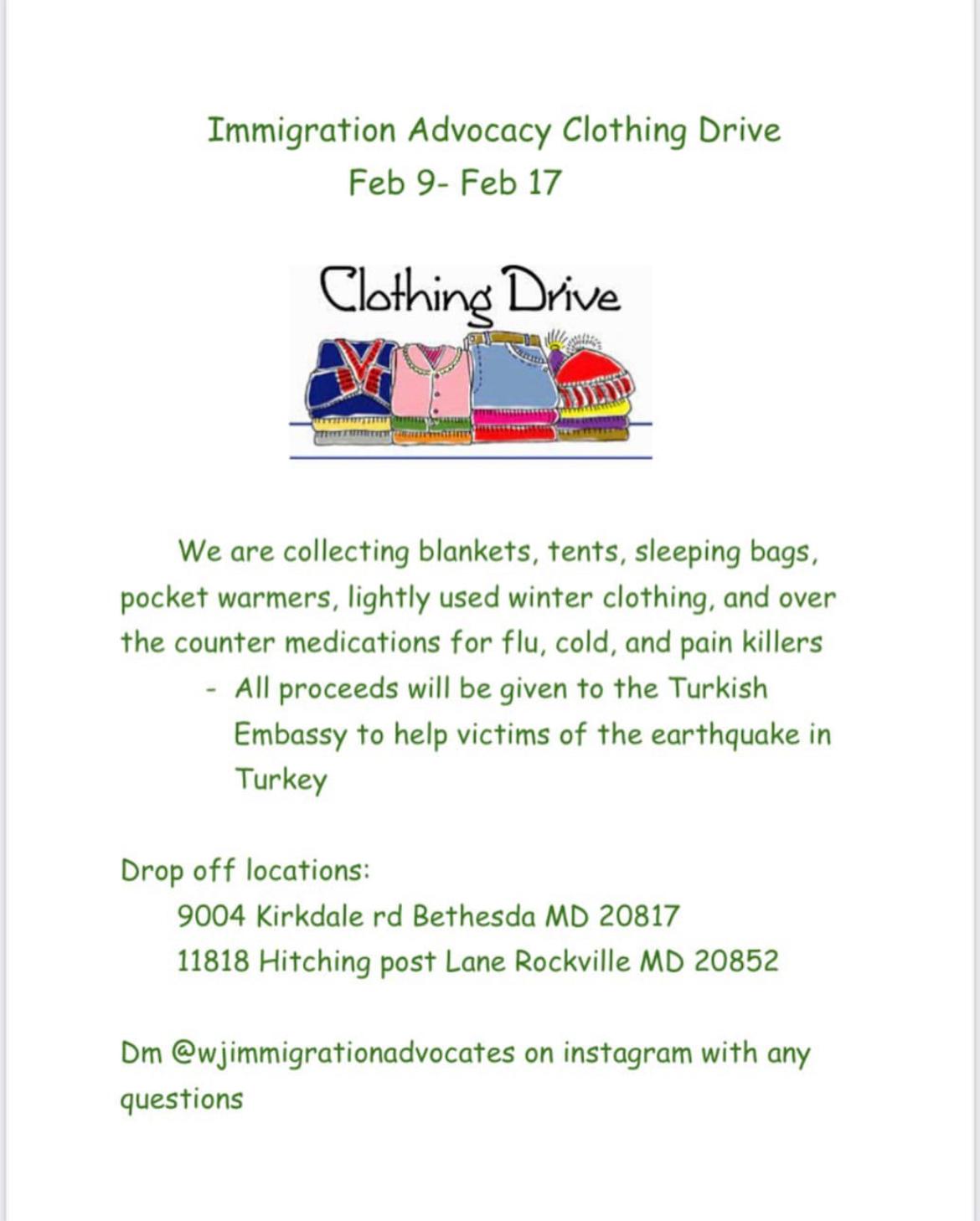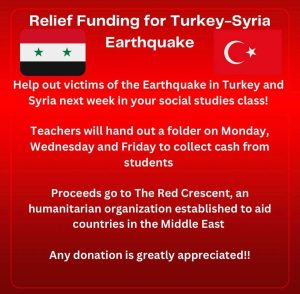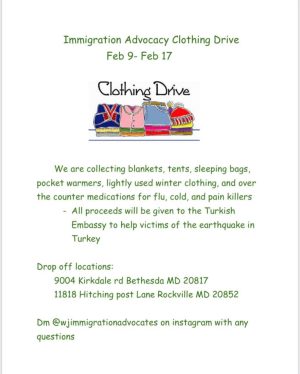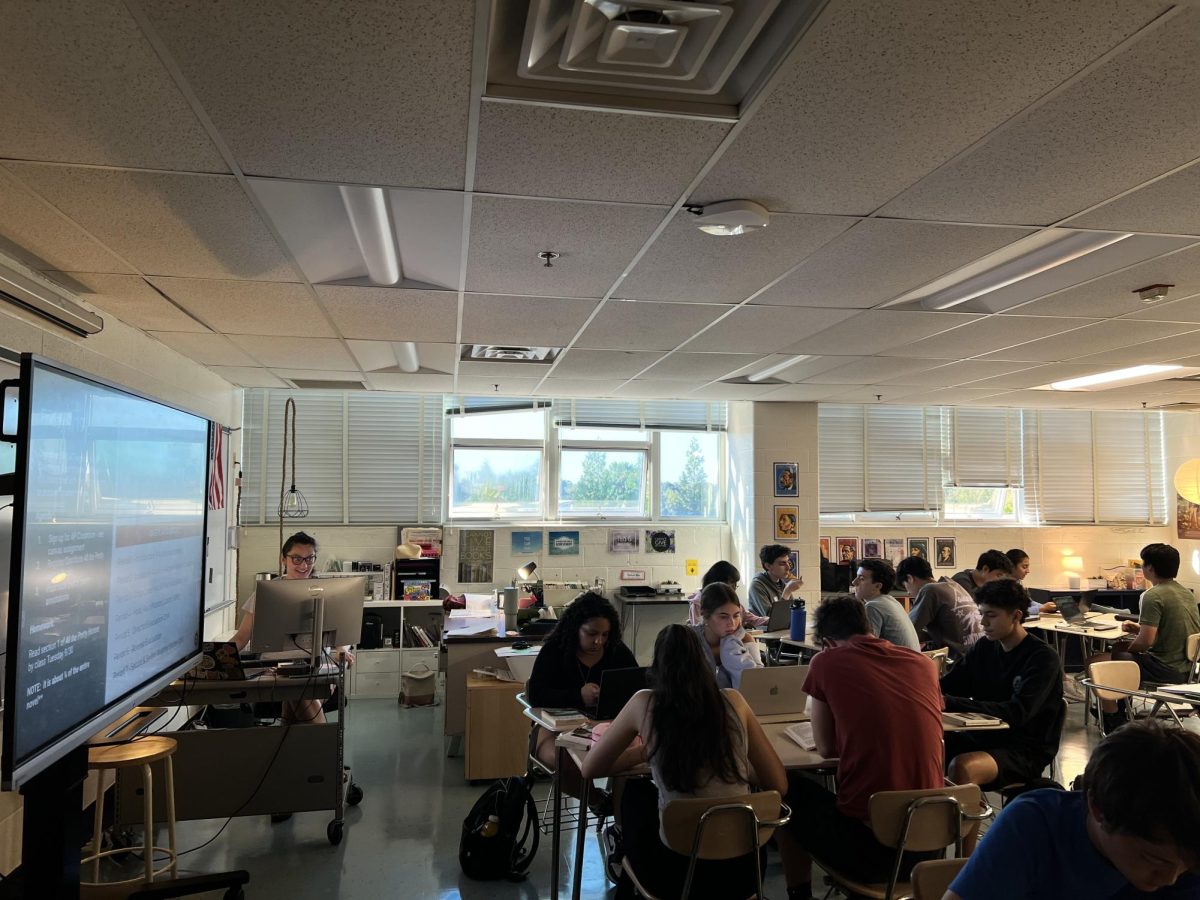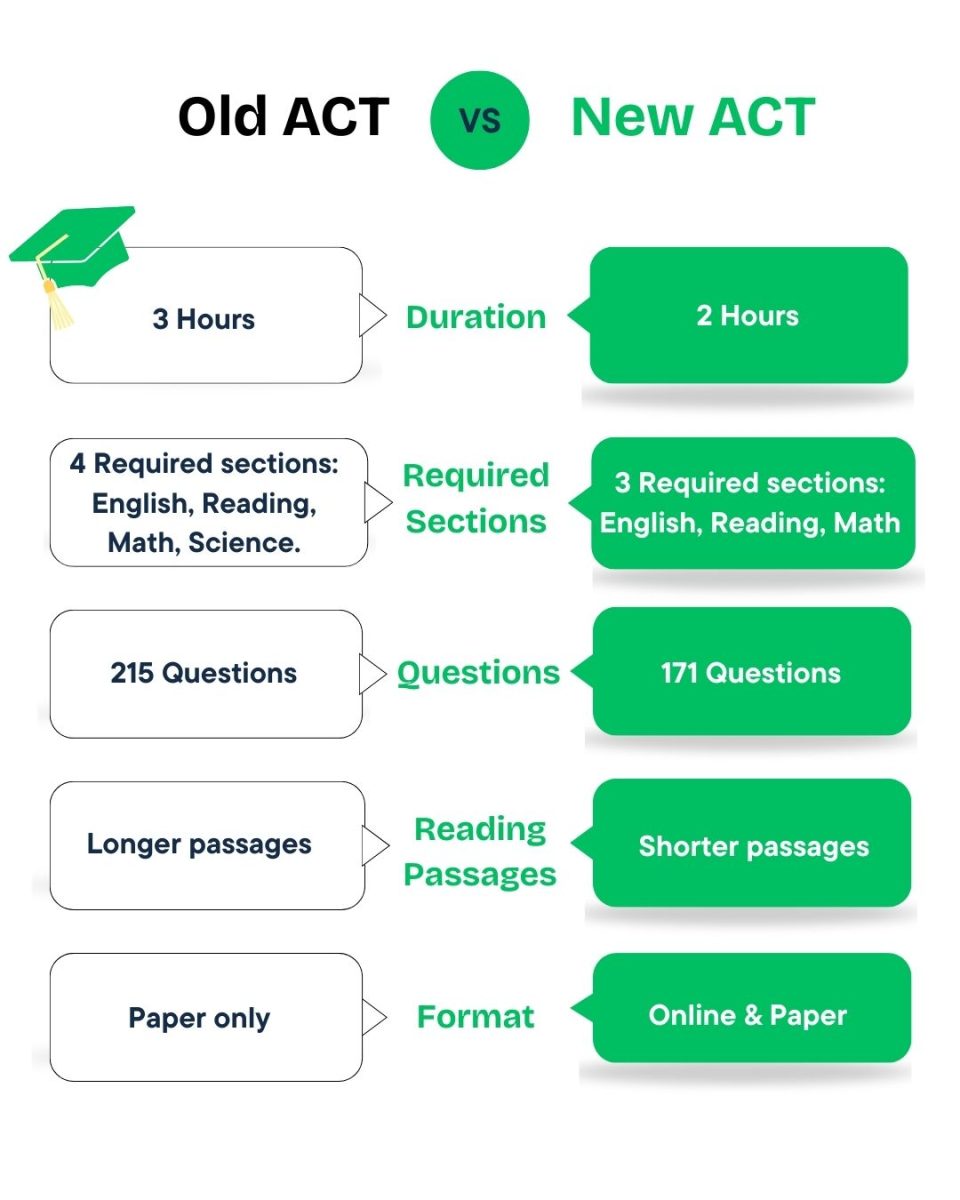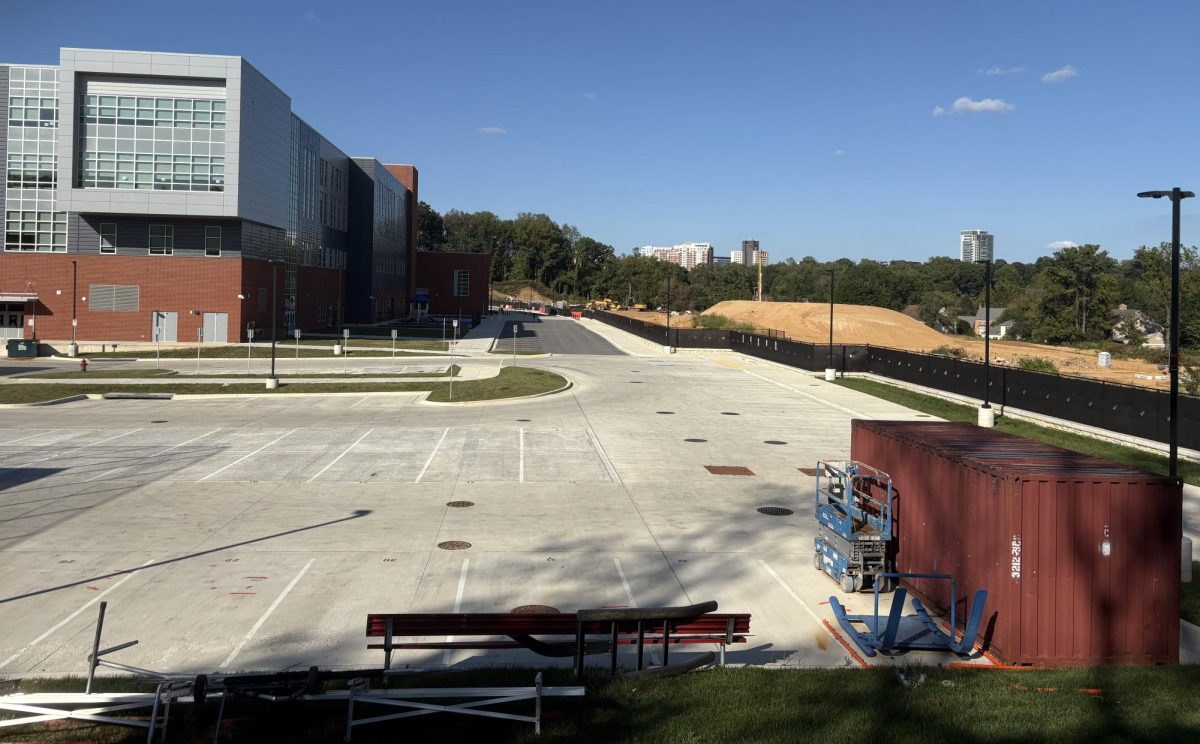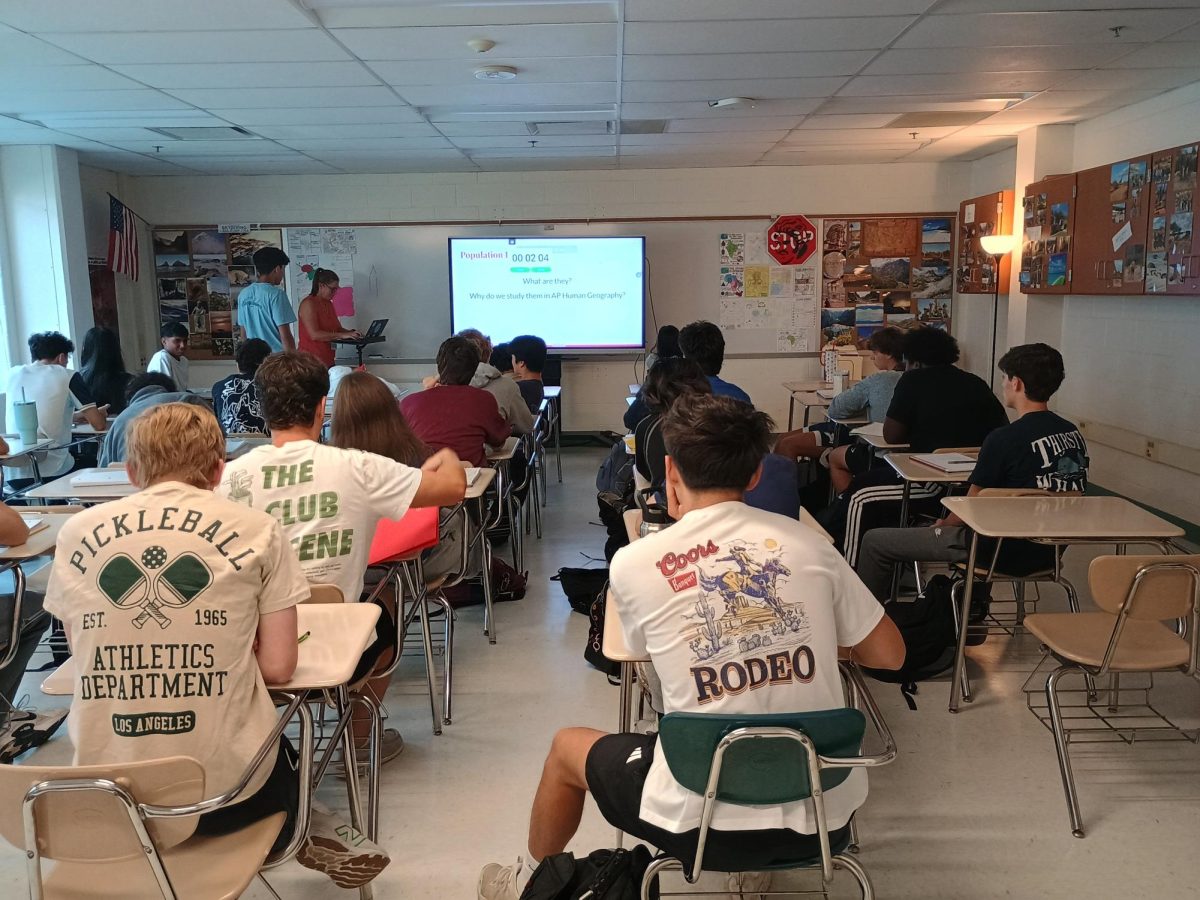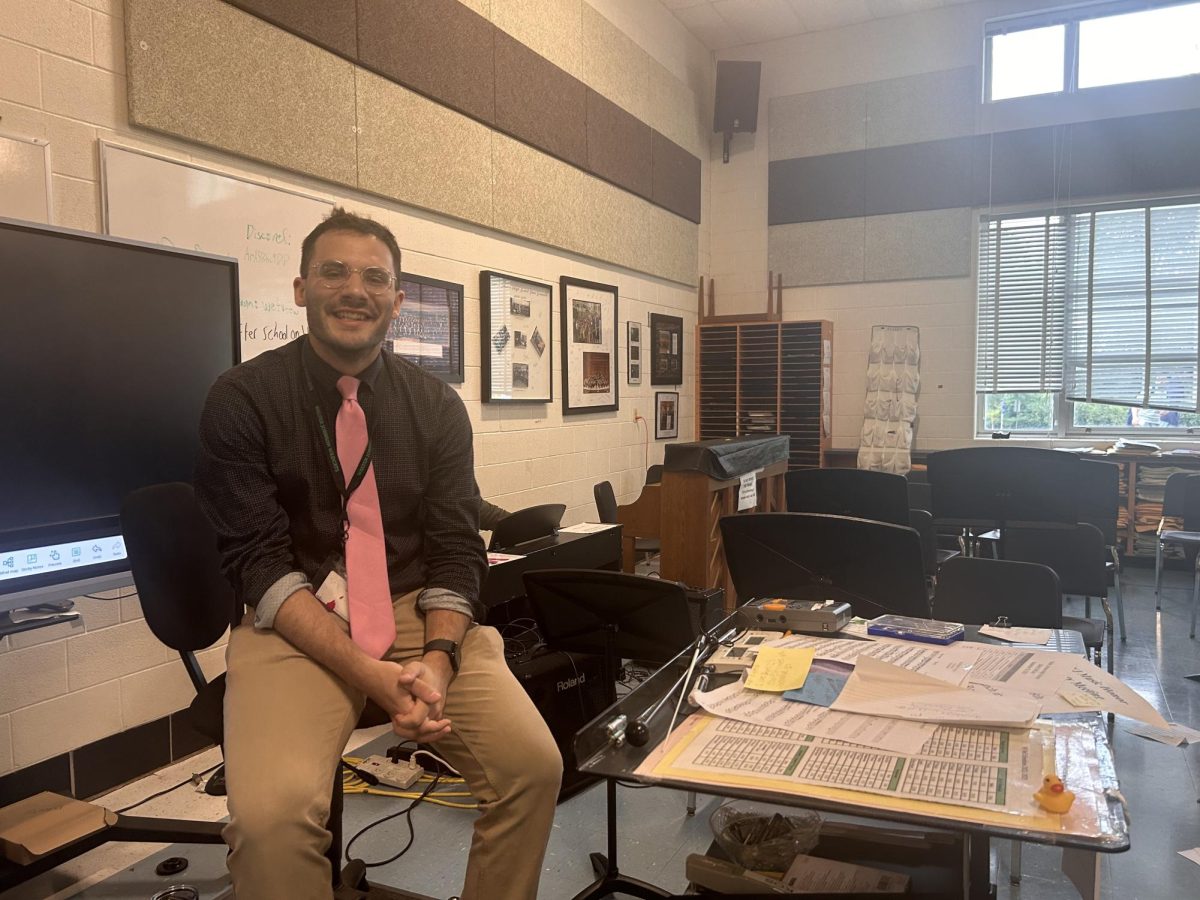On Feb. 6, a 7.8 magnitude earthquake rattled Southern Turkey and Northern Syria and was felt in neighboring countries Israel and Lebanon, hundreds of kilometers away. It was one of the most deadly earthquakes the region has felt in 20 years and was followed by over 100 aftershocks.
As of Feb. 13, at least 37,000 have been declared dead. Officials estimate millions to have been affected by the quake, while thousands remain missing. Nations worldwide have sent aid and countless rescue teams to free those trapped under rubble in a race against time. Collapsed buildings and below-freezing temperatures are further complicating rescue efforts.
The only path approved by the United Nations (UN) to allow aid to cross between Turkey and Syria was dysfunctional for the two days following the disaster, due to damage of surrounding roads. On Feb. 8, the UN declared that it was functional and aid would be moving through by Feb. 9, three days after the initial wreckage.
Syria had already been in the middle of a crisis, with, according to the UN, close to 70 percent of its population relying on humanitarian aid, something that has only been made worse by the tragedy. The UN and other partners are currently focusing on supplying immediate needs: food, shelter, non-food items and medicine.
Some are criticizing the Turkish and Syrian governments, whose rules over states with outdated infrastructure contributed to the massive amount of casualties.
Meanwhile, hospitals in Syria are “absolutely overloaded,” United Nations Children’s Fund’s (UNICEF) Aleppo representative said.
To provide support to the devastated areas, dozens of countries worldwide have sent and pledged to send relief and aid. Mexico has sent search and rescue dogs to Turkey to assist in finding survivors among the rubble. The US, Israel, Pakistan and the European Union (EU), among other nations, have sent firefighters, volunteers and search and rescue personnel. Germany has sent deliveries of emergency goods, such as generators, tents and blankets and Egypt has pledged immediate humanitarian aid to Turkey.
In an attempt to relieve the strain in those affected countries, a group of students have organized a fundraiser, where they have asked social studies teachers to collect cash donations from students in their respective classes during the week of Feb. 13. More information can be found on @wj_earthquakefundraiser on Instagram.
“As little as $10 could help [buy] 133 water bottles, 28 loaves of bread or even 460 baby diapers for victims,” co-organizer junior Can Torumtay said.
Immigration Advocacy Club has organized a drop-off donation drive to collect blankets, tents, sleeping bags, pocket warmers, lightly used winter clothing, painkillers and over-the-counter medications for the flu and cold. The club is collecting donations between Feb. 9 and Feb. 17 to send to the Turkish Embassy. More detailed information is posted on their Instagram, @wjimmigrationadvocates.
“We really do try to help, so if anyone [else] wants to help, [doing] a little research on the clubs and what’s going on would go a long way,” Immigration Advocacy club president senior Daniela Salas said.



